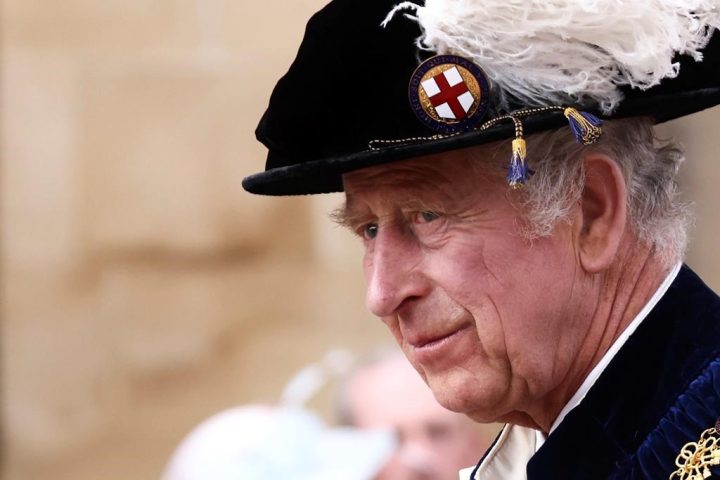The oath used to swear in councillors, mayors and other municipal office holders in Ontario should be amended to add an acknowledgment of the treaty rights of First Nations, Inuit and Metis people, several municipalities are urging.

Municipalities from Trent Lakes in central eastern Ontario, Wawa in the north and Guelph in the southwest have asked the province, or are planning to ask the province, to make the change and include language on Indigenous rights.
“I will be faithful and bear true allegiance to His Majesty King Charles III and I will faithfully observe the laws of Canada including the Constitution, which recognizes and affirms the Indigenous and treaty rights of First Nations, Inuit and Metis peoples,” reads the proposed new wording.
City councillors in Guelph unanimously passed a motion earlier this month to request the change from the province, said Coun. Leanne Caron.
“I’ve always felt uncomfortable that it wasn’t there,” she said of the acknowledgment of treaty rights.

Get breaking National news
“We’ve inherited treaties as part of our role as local councillors and swearing to uphold the treaties, I think, is just a natural part of what we are swearing to do as local government.”
The mayor of Wawa, Ont., who is a member of the Wiikwemkoong Unceded Territory First Nation, said changing the oath would be an important form of acknowledgment for Indigenous people.
“It would fill my heart with pride,” Melanie Pilon said in an interview. “It’s another step on the path to reconciliation.”
Adding the new language to the oath would “quasi” support Truth and Reconciliation Commission calls to action, including one urging all levels of government to provide education to public servants on treaties, rights and relations with the Crown, she said.
“It’s a reminder to those pledging the oath to consider and recognize the treaty rights of Indigenous people who may live in their communities…and just bringing the rights of Indigenous people and urban Indigenous people to top of mind,” Pilon said.
The Ministry of Municipal Affairs and Housing was non-committal in a response to a request for comment.
“The Ministry is aware that some municipalities have passed resolutions requesting changes to the declaration of office forms and we welcome suggestions provided for consideration,” a spokesperson wrote in a statement.
“Ontario expects municipalities to uphold Aboriginal and treaty rights as recognized in the Constitution and encourages them to continue to build strong relationships with local First Nation communities.”
When Pilon was sworn in following last year’s municipal elections, she actually used an alternate oath of office created by the province in 2018 for Indigenous municipal office holders.
“I identify as an Indigenous person and I assert that making the declaration of allegiance to His Majesty King Charles the Third would be inconsistent with my views regarding the relationship between the Crown and Indigenous peoples,” the alternate oath says.
Municipal Affairs and Housing Minister Steve Clark had asked ministry staff to create the alternate oath after being made aware of Gaetan Baillargeon, an Indigenous man who was elected as a councillor in Hearst, Ont., that year, but would not pledge allegiance to the Crown and nearly had to vacate his seat.







Comments